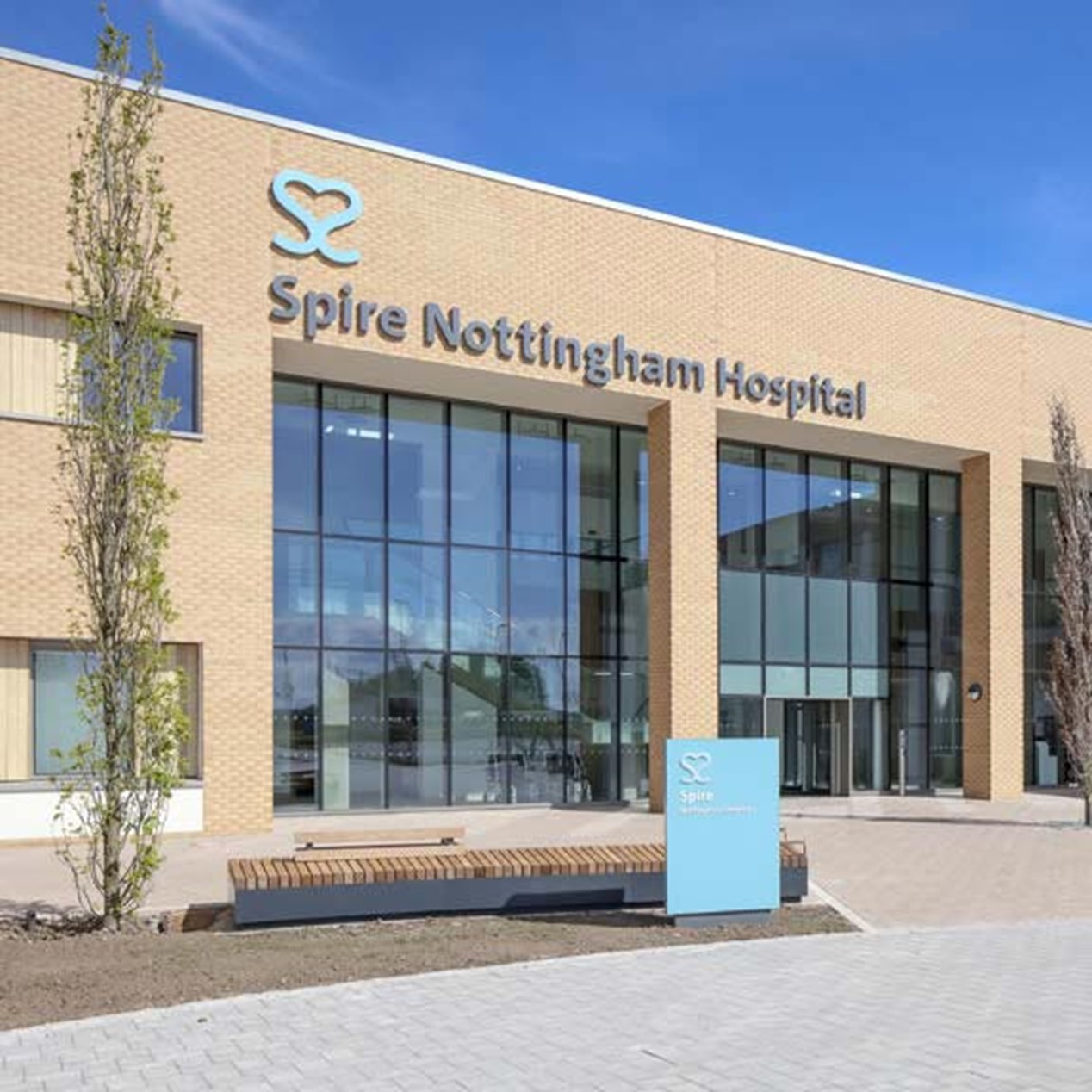There are many possible causes for back pain.
Discography is a simple 45 minute test that allows your doctor to confirm whether a damaged disc (soft pads between your bones) is causing your pain, and identifies which one would need to be repaired.
This test is usually only done if other treatments have failed and back surgery is being considered by your doctor. It can be an important step towards you resuming a full and active life.
A referral letter from a consultant or GP is required before booking any diagnostic investigation.
Why you might need it
Back pain and related symptoms can interfere with our lives. As well as being one of the main reasons people take time off work, back pain can prevent you:
- taking part in exercise or sport
- playing with your children and family
- driving
- using computers for work or leisure
Our highly trained and caring clinicians understand that ongoing (or chronic) pain can gnaw away at us, affecting your enjoyment of life.
Discography can identify which of the discs between the vertebrae (bones) in your back is causing you pain, and it is often used before back surgery. The discs are small, soft pads that act as shock absorbers for the bones.
Your doctor will recommend this if other tests, including CT and MRI scans, have not pinned down the exact discs that need to be treated.
The test takes around 45 minutes and you will be sedated and have a local anaesthetic. This means you’ll be awake but won't feel anything while a fine needle is inserted into the area of your back that is causing problems and X-ray images are taken. The sedation will give you a calm feeling.
We pride ourselves on our clinical excellence, you'll be looked after by an experienced multi-disciplinary care team.
Find a Spire hospital offering this treatment

Who will do it?
Our patients are at the heart of what we do and we want you to be in control of your care. To us, that means you can choose the consultant you want to see, and when you want. They'll be with you every step of the way.
All of our consultants are of the highest calibre and benefit from working in our modern, well-equipped hospitals.
Our consultants have high standards to meet, often holding specialist NHS posts and delivering expertise in complex sub-specialty surgeries. Many of our consultants have international reputations for their research in their specialised field.
Before your treatment
You will need a referral letter from a consultant or GP before booking any diagnostic investigation.
You will have a formal consultation with a healthcare professional. During this time you will be able to explain your medical history, symptoms and raise any concerns that you might have.
We will also discuss with you whether any further diagnostic tests, such as scans or blood tests, are needed. Any additional costs will be discussed before further tests are carried out.
Preparing for your treatment
We've tried to make your experience with us as easy and relaxed as possible.
For more information on visiting hours, our food, what to pack if you're staying with us, parking and all those other important practicalities, please visit our patient information pages.
Our dedicated team will also give you tailored advice to follow in the run up to your visit.
The procedure
You'll be given a local anaesthetic to numb the skin on your back. Your doctor will then insert a fine need into the affected area. They may insert more needles if they have to look at more than one disc.
You might feel uncomfortable as the needles will be going into an area that is already causing pain but tell the doctor immediately if you feel pain in your leg during the test.
A second needle will be inserted through the first one to inject contrast or X-ray dye into the centre of the disc. This provides a clearer image. You might be asked to rate the level of pain on a scale of 0-10 while this is happening.
X-ray images will be taken for your doctor to analyse later and the needles will then be withdrawn and the test is over.
Aftercare
After this, you will be taken to your room or comfortable area where you can rest and recuperate until we feel you’re ready to go home.
You might have bruising, swelling and pain at the injection site(s). We’ll give you painkillers to help with this.
Please contact the hospital or your GP immediately if you feel unwell, develop back pain that does not settle or gets worse, or if you develop a fever or a high temperature.
Your surgeon will review the results and discuss them with you and the possible implications for treatment or further tests at your next follow-up appointment. If you are not under the care of an expert Spire consultant for your back pain, we’ll forward them quickly to your GP or NHS consultant.
Why choose Spire?
We are committed to delivering excellent individual care and customer service across our network of hospitals, clinics and specialist care centres around the UK. Our dedicated and highly trained team aim to achieve consistently excellent results. For us it's more than just treating patients, it's about looking after people.
Important to note
The treatment described on this page may be adapted to meet your individual needs, so it's important to follow your healthcare professional's advice and raise any questions that you may have with them.

